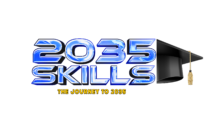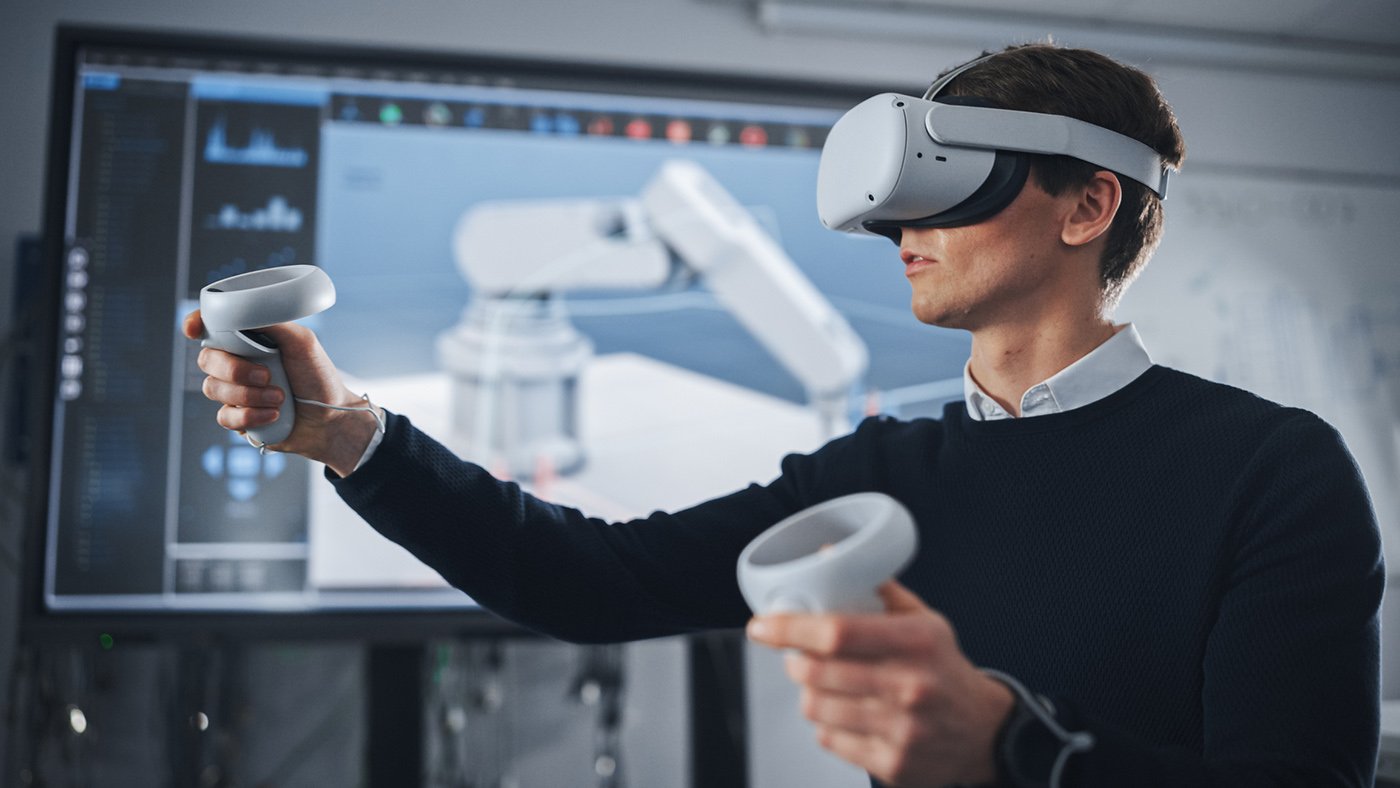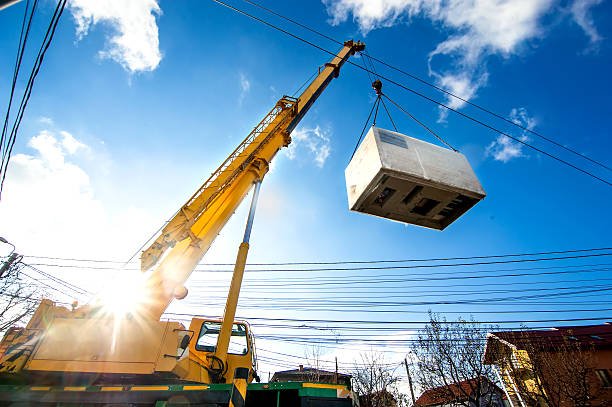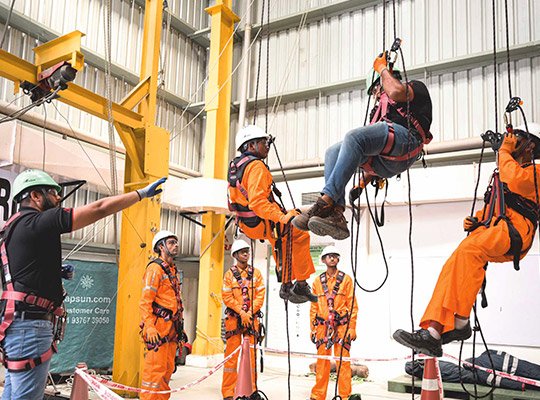Simulation & Virtual Reality (VR/AR) for Training & Maintenance – One Day USD 150 / Two Days USD 250 Per Pax
Description
-
Introduction to Simulation, VR & AR in Oil & Gas
-
Understanding simulation, virtual reality (VR), and augmented reality (AR)
-
Benefits for training, maintenance, and operational efficiency
-
Key industry use cases and trends
-
-
Fundamentals of VR and AR Technologies
-
Hardware: headsets, sensors, and tracking devices
-
Software: simulation platforms, 3D modeling, and AR apps
-
Differences between VR, AR, and mixed reality (MR)
-
-
Simulation for Training Purposes
-
Immersive learning for safety, operational, and emergency procedures
-
Scenario-based training for high-risk environments
-
Evaluating training effectiveness through simulation
-
-
VR/AR for Maintenance and Inspection
-
Remote assistance using AR overlays
-
Step-by-step maintenance guidance through VR/AR
-
Reducing errors and downtime using immersive technology
-
-
Designing Effective VR/AR Training Modules
-
Identifying learning objectives and scenarios
-
Creating interactive and engaging content
-
Best practices for user experience and retention
-
-
Integration with IoT and Digital Twins
-
Connecting VR/AR with real-time asset data
-
Visualizing sensor readings and operational parameters
-
Enhancing predictive maintenance training
-
-
Safety Training and Emergency Response
-
Simulating high-risk scenarios without physical danger
-
Evacuation drills, firefighting, and HSE compliance
-
Measuring trainee performance and readiness
-
-
Collaborative Training Using VR/AR
-
Multi-user virtual environments for team-based exercises
-
Remote collaboration across locations
-
Sharing lessons learned in real-time
-
-
Evaluation and Analytics of Training Programs
-
Tracking performance metrics and skill acquisition
-
Feedback and assessment through immersive platforms
-
Continuous improvement of training content
-
-
Implementation Strategy and Challenges
-
Hardware and software selection
-
Cost-benefit analysis and ROI
-
Managing change and adoption among staff
-
Case Studies and Industry Applications
-
Examples from upstream, midstream, and downstream operations
-
Lessons learned from global oil & gas companies
-
Innovative applications of VR/AR beyond training
-
Future Trends and Innovations
-
AI-driven VR/AR simulations
-
Mixed reality for operational decision support
-
Emerging technologies for workforce training and asset management






